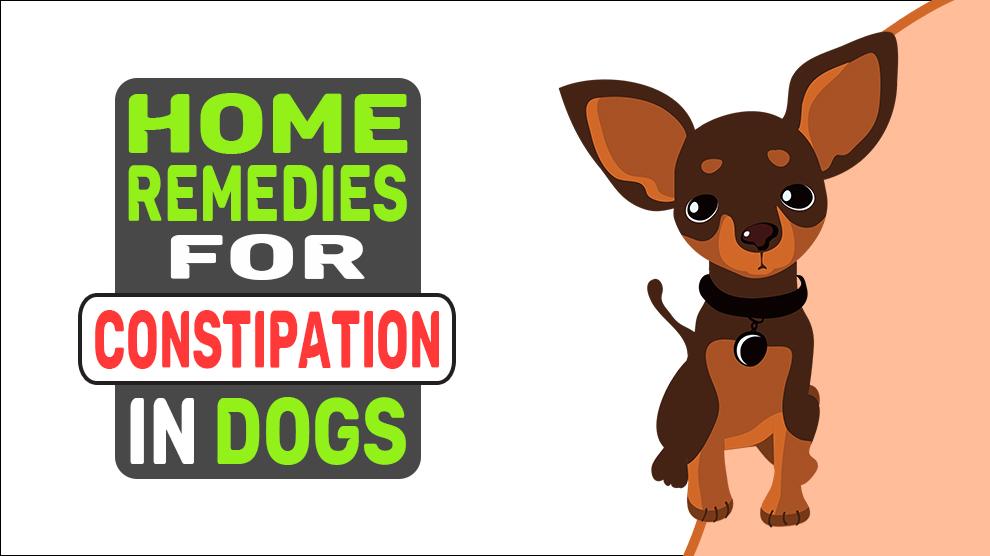Possible Diseases For Constipation
- Gastrointestinal Dysmotility - Read More -> Gastrointestinal Dysmotility In Dogs
- Rectal And Anorectal Strictures - Read More -> Rectal And Anorectal Strictures In Dogs
- Anal Fistulae - Read More -> Anal Fistulae In Dogs - Symptoms & Treatment
- Liver Shunt - Read More -> Liver Shunt In Dogs: Symptoms, Causes And Treatment
- Prostatic Cysts - Read More -> Prostatic Cysts In Dogs
- Prostate Disease - Read More -> Prostate Disease In Dogs
- Perianal Fistula - Read More -> Perianal Fistula In Dogs
Home Remedies For Constipation
1. Choose High-quality, Specialized Food:
A constipated dog will need specialized foods than normal to help bolster their immunity. For example, dogs with constipation problems will need more fiber and dehydrated dogs will need wet food.
2. Keep The Dog Hydrated:
Encourage your dog to drink a lot of water by making rice water or adding some chicken or beef broth to his water. If your dog doesn’t drink enough water.
- Persuade to drink enough water by placing a water fountain or water bowls close to the pet area.
- water alone is not enough sometimes, add flavor by mixing bone broth or chicken broth.
The recommended fluid intake for dogs (when on dry food).
Body weight (1 KG) - Water 15ML.
This means a 15 kg dog should be drinking 225 ML of water/ day.
3. High-fiber Foods:
Add more fiber to the dog diet
- Whole-grain bread, rice, and cereal
- Green beans, peas
- Psyllium husk
- Beet Pulp
- Flaxseed
4. Add A Digestive Supplement Into The Diet:
Try adding a digestive supplement to their diet. Look for something that helps restore the good gut bacteria, like Vivamune. When the production of digestive enzymes is not enough, standard digestion will be affected. So, it is good to add a high-quality complete dietary supplement having digestive enzyme formula to support their digestive health. Or, simply you can add enzyme-containing foods to your dog’s diet: melon, Papaya, raw honey, coconut water, and bee pollen.

















